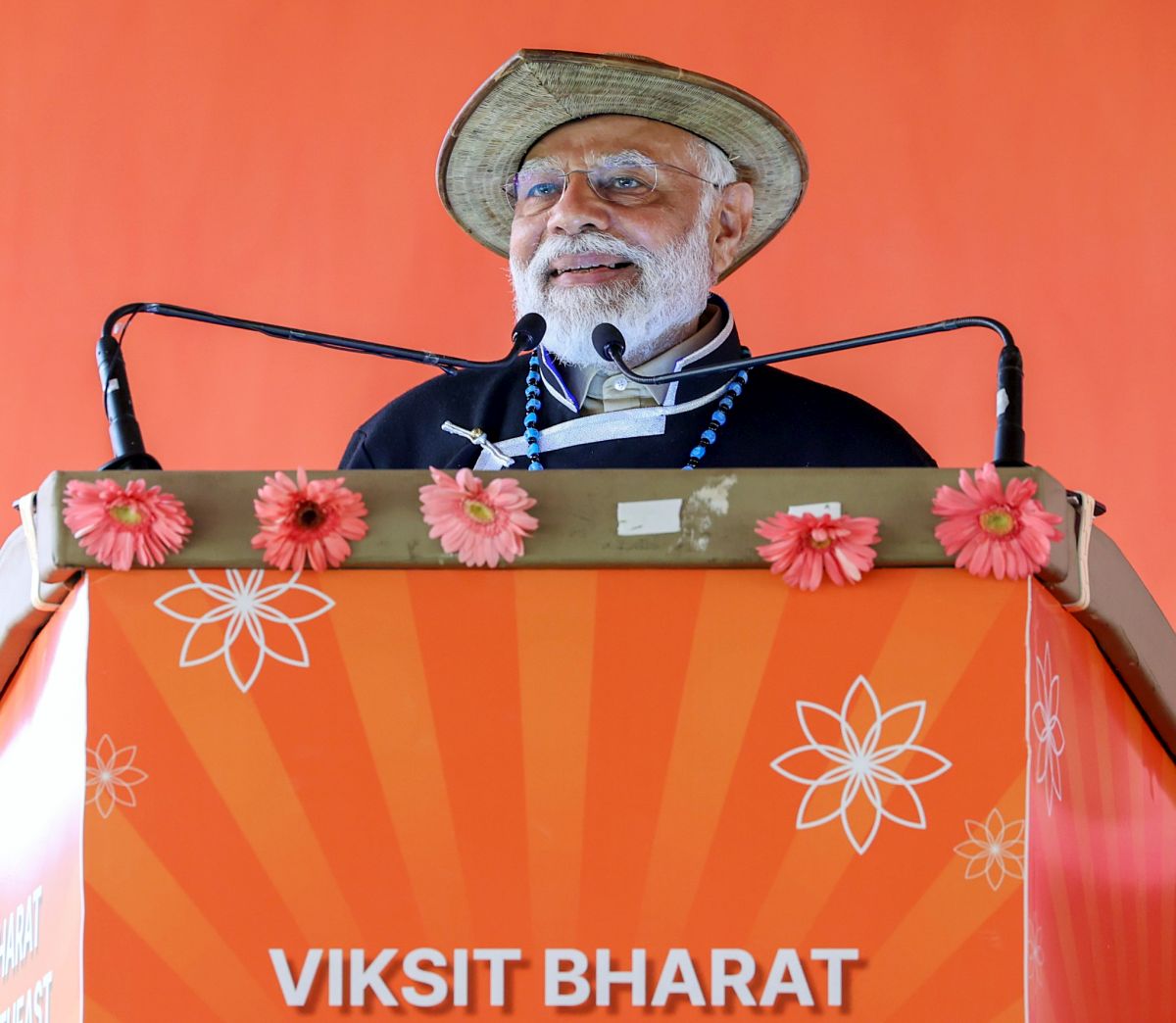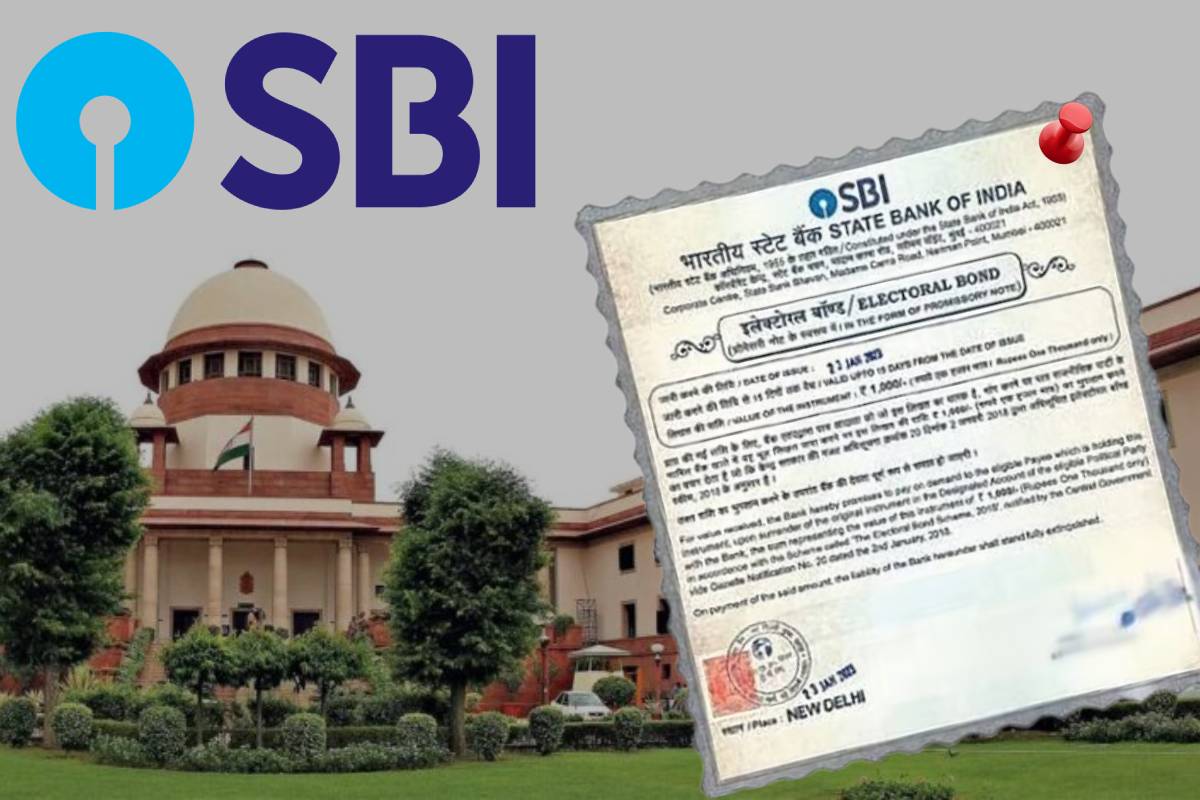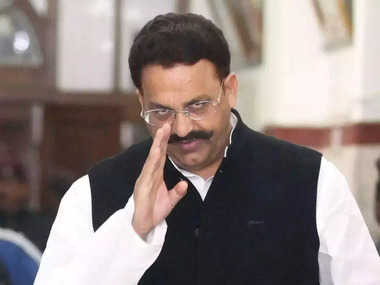EC Directs Ministry of Electronics and Information Technology to Cease Delivery and Submit Compliance Report Immediately
The Election Commission (EC) has taken decisive action in response to allegations of violation of the Model Code of Conduct (MCC) regarding the distribution of Prime Minister Narendra Modi’s letter via WhatsApp. Following complaints and concerns raised by various quarters, the EC has instructed the Union Ministry of Electronics and Information Technology (MeitY) to cease the dissemination of the letter and provide a prompt compliance report.
Concerns Raised: The issue emerged when the Trinamool Congress highlighted the distribution of the letter, branding it as a breach of the MCC that came into effect following the announcement of Lok Sabha elections. The letter, purportedly sent from the account , attracted criticism for its timing And” Viksit Bharat Sampark” content, being perceived as overt propaganda for PM Modi and the BJP.
EC’s Directives: In response to the complaints, the EC promptly directed the MeitY to halt the delivery of the WhatsApp messages containing the letter. Despite the Ministry’s acknowledgment that the messages were dispatched before the MCC period, concerns persisted regarding delayed deliveries, potentially infringing upon the code’s regulations. The EC emphasized the urgency of compliance, particularly during the MCC period, and demanded an immediate cessation of further message distribution.
Allegations of Incompetence: The controversy intensified with allegations of incompetence leveled against the Modi government, suggesting that a significant portion of the messages reached recipients after the MCC’s enforcement. Such claims underscored the need for meticulous adherence to election protocols, particularly in the realm of digital communication, where timing can significantly impact perceptions and outcomes.
Third-Party Involvement: Industry experts speculated on the involvement of third-party agencies or Business Service Providers (BSPs) engaged by MeitY for mass transmission of the messages. Questions arose regarding the source of the database used for dissemination, raising concerns about transparency and accountability in the communication process.
Conclusion: The Election Commission’s intervention underscores the critical importance of upholding electoral integrity and fairness in the digital age. By issuing directives to halt the distribution of the contentious WhatsApp messages, the EC reaffirms its commitment to enforcing the Model Code of Conduct and safeguarding the democratic process from undue influence and manipulation. As the nation prepares for crucial electoral proceedings, ensuring compliance with established guidelines remains paramount to uphold the principles of free and fair elections.



